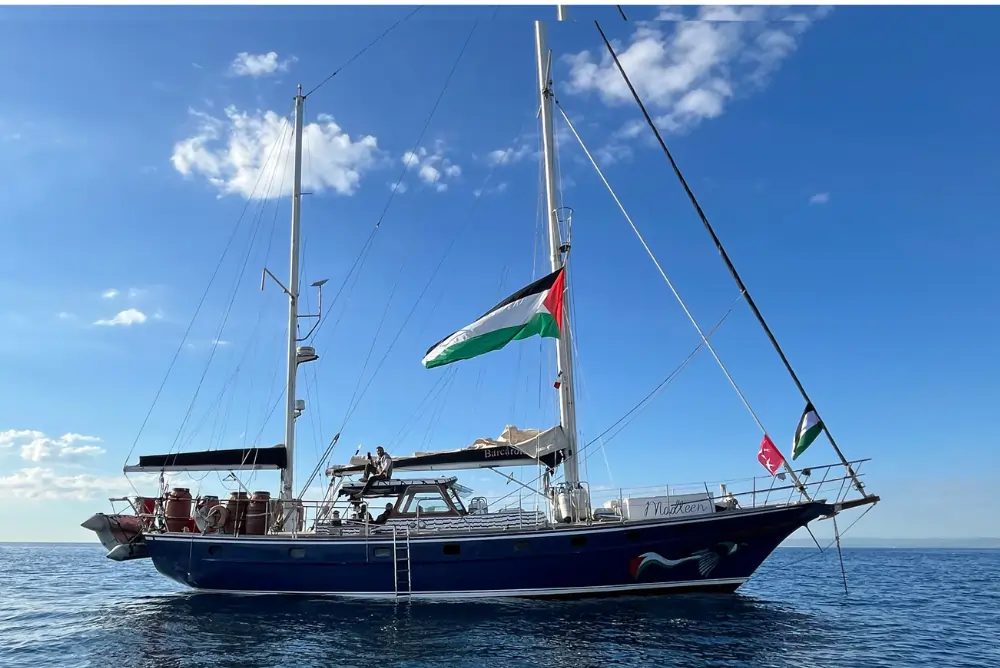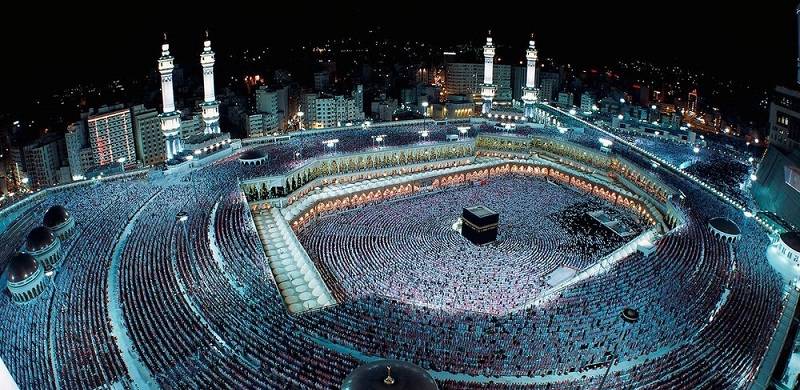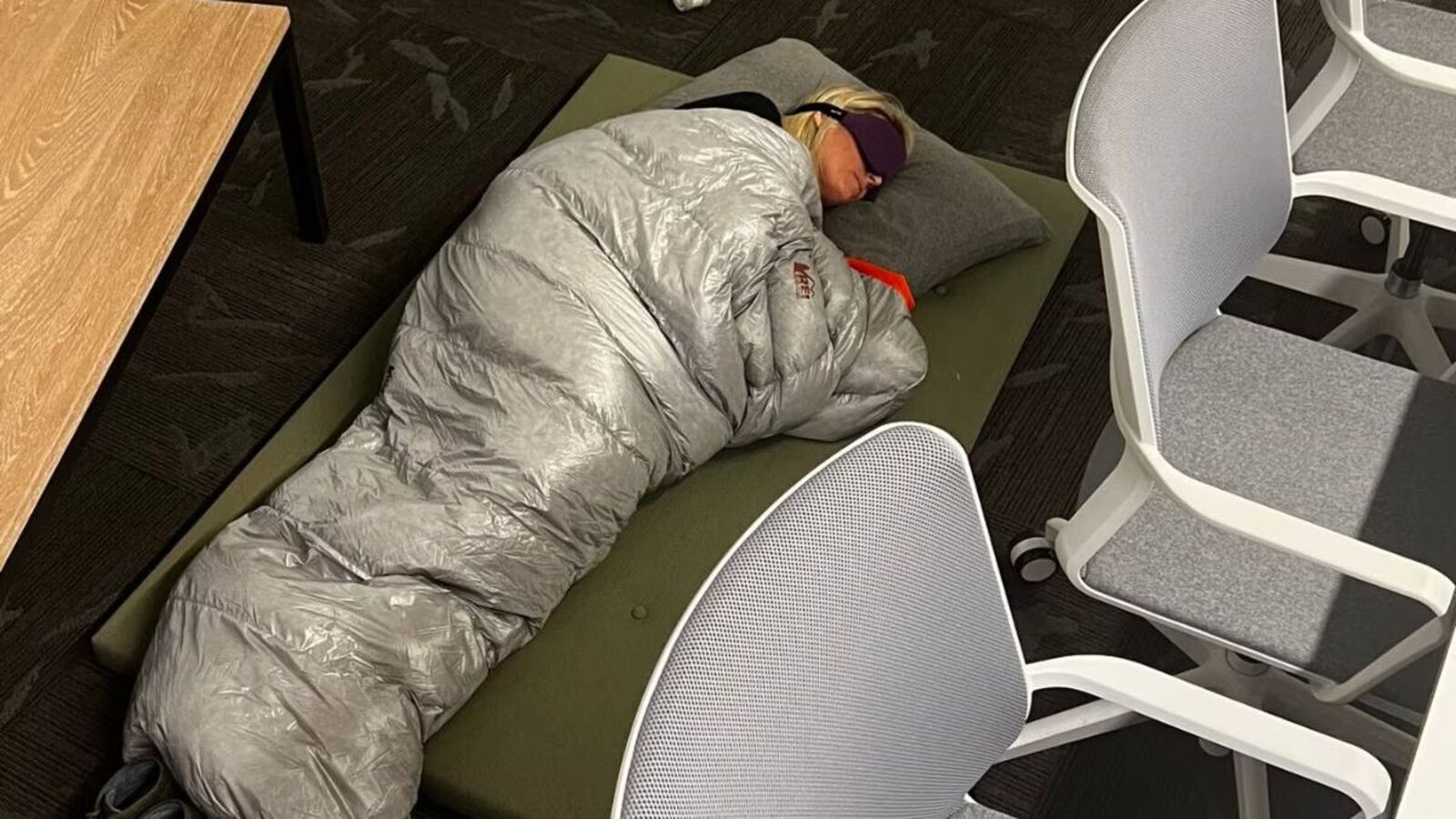Global Sumud Flotilla Launches Largest Gaza Aid Mission
The Global Sumud Flotilla largest Gaza aid mission set sail in 2025 aiming to break the Israeli naval blockade and deliver humanitarian aid to Gaza.
Organizers say the flotilla comprises over 40 vessels and 500 participants from more than 44 countries.
The mission unites civil society groups including the Freedom Flotilla Coalition, Global Movement to Gaza, Maghreb Sumud Flotilla, and Sumud Nusantara.
Objectives & Strategy
The flotilla’s goal is both symbolic and practical: to demand an end to the blockade and transport relief supplies.
It also seeks to open a people-led humanitarian corridor to Gaza via sea.
Organizers aim to mobilize international pressure through live media, real-time tracking, and coordinated solidarity campaigns.
Route, Assembly & Preparations
Departures began in late August from ports such as Genoa, Barcelona, and Tunis.
Convoys merged along the Mediterranean – passing through Sicily, Crete, and Greece before heading toward Gaza.
The flotilla has logistical support, legal preparation, maritime coordination, and media systems in place.
Some vessels, like Life Support, joined to provide medical assistance.
Interception by Israeli Naval Forces
Israel’s navy intercepted many flotilla vessels as they near Gaza’s waters.
By October 3, Israeli forces reported they had taken control of the final ship, Marinette, about 42.5 nautical miles from Gaza.
Organizers say all 42 vessels have now been intercepted and activists detained.
Israel claims the flotilla entered an active combat zone and violated a lawful naval blockade.
Reactions & International Response
The flotilla drew strong global attention and condemnation.
Governments from Europe, Asia, and Latin America called for the protection of detained activists.
Italian and Spanish navies joined as escorts, though Italy later said it would halt support near Gaza’s waters.
Protests erupted worldwide in cities like Rome, Buenos Aires, Karachi, and Berlin in solidarity with the flotilla.
Key Concerns & Risks
Activists faced drone attacks earlier in the journey, including a strike on the Family Boat near Tunisia.
Many vessels also faced harassment, interference, and pressure from naval forces.
There is risk of harm, detention, or loss of cargo given the high-tension military environment.
Legal & Humanitarian Claims
Flotilla organizers argue the Israeli blockade constitutes collective punishment and breaches international maritime law.
They claim peaceful civilian vessels carrying aid should be allowed free passage in international waters.
Israel counters that national security and wartime rules permit interception of ships bound for a conflict zone.
What Remains & Next Moves
Though intercepted, the mission may continue through other routes or legal challenges. New flotillas are reportedly being prepared.
Activists may challenge detentions in international courts and demand cargo release.
The political aftershocks may influence Israel’s blockade policy and global humanitarian norms.







